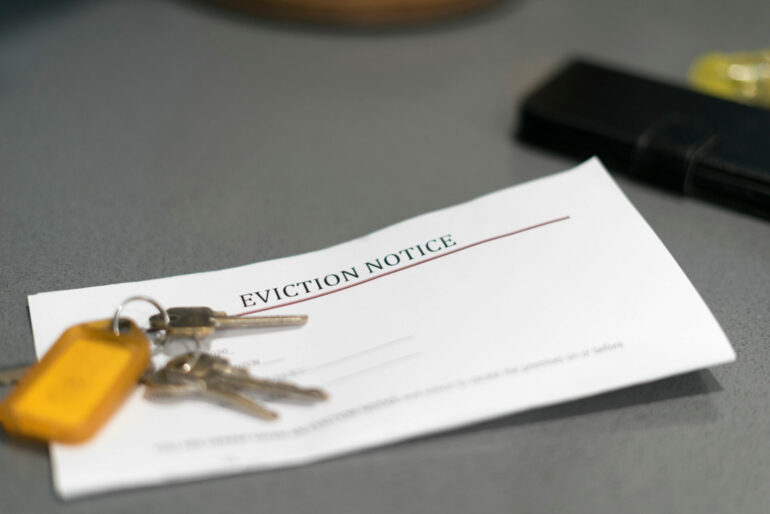Rental evictions in the UK have increased by a staggering 98% in just one year, according to recent Gov.uk statistics.
This comes as no surprise, as over 50% of landlords surveyed by Finbri stated that they have already evicted tenants from their rental properties.
The most common reasons cited for eviction were anti-social behaviour, the use of a “break clause” before the end of the fixed term, and failing to pay the rent.
The rising cost of living in the UK is affecting both renters and landlords. With increasing interest rates affecting buy-to-let mortgages and recent tax changes, many landlords are feeling significant pressure and are being forced to raise rents to cover additional costs.
This is leading to concerns among renters, with 46.25% of renters surveyed in the UK Renters’ Report strongly concerned or concerned about the security of staying in their property.
The charity Crisis has warned that almost 1 million low-income households across Britain are at risk of eviction in the coming months, and the recent increase in rental evictions only serves to highlight the devastating impact of this issue on tenants.
Stephen Clark from Finbri said: “It’s a tough climate for both renters and landlords right now. UK renters are fearing rent increases and the threat of eviction if they can’t afford those increases.”
This sentiment is echoed by the survey, which highlights the need for greater support for those struggling to pay their rent, as well as stronger regulations to protect both renters and landlords.
Between 1st October and 31st December of last year, the number of landlord-initiated repossessions reached 5,409, double the figure from the same period in 2021. With the continued rise of rental evictions, urgent action is needed to address this issue and provide support for those affected.



